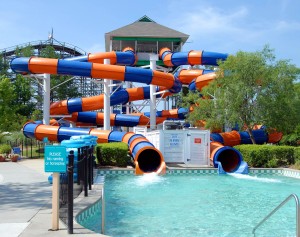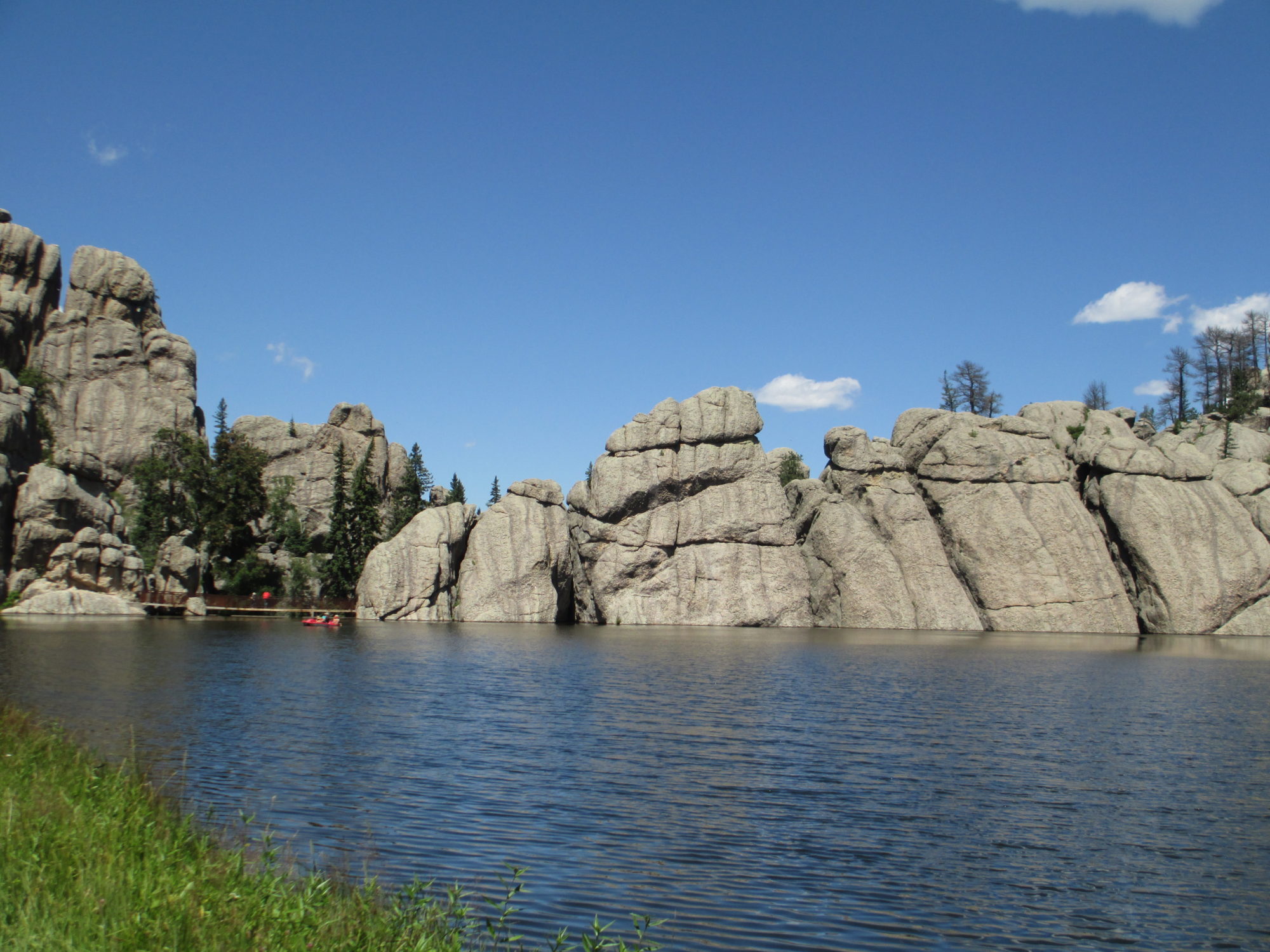 You might recall that I wrote a couple of years ago about an insight that arose at a visit to a waterpark around the ebb and flow of emotions even positive emotions. As I approached a recent visit to the land of waterslides I was thinking about play, as in my ability to play and have fun for its own sake. I was reading a lot about the importance of play for ones mental health. So I set an intention for the weekend, “I will play.” (I also planned on observing and evaluating it – but hey, that’s fun for me too.)
You might recall that I wrote a couple of years ago about an insight that arose at a visit to a waterpark around the ebb and flow of emotions even positive emotions. As I approached a recent visit to the land of waterslides I was thinking about play, as in my ability to play and have fun for its own sake. I was reading a lot about the importance of play for ones mental health. So I set an intention for the weekend, “I will play.” (I also planned on observing and evaluating it – but hey, that’s fun for me too.)
Some of the play felt very planned and regulated. In order to do all the fun things we wanted to do in less than two days we had to keep an eye on the clock and move from one thing to another to make sure we got to play the high-tech (though very physical) scavenger hunt, to spend 45 minutes at the arcade, to go to storytime in the evening, to refuel, and (oh yeah!) to enjoy the waterpark. So I would say that the play often felt very regimented and task-oriented. It was enjoyable but didn’t feel like pure play.
There was one afternoon, however, that felt like play. We had a large chunk of time and no activity we had to get to – maybe just a snack later in the afternoon and a shower before dinner. So time was not an issue. We could just experience what we experienced. We could linger over the activities we enjoyed the most. Lots of time in the wave pool – with no purpose, no focus, no reason — then extra times down our favorite slides and multiple times on the lazy river. At least an hour passed, probably more, when I didn’t look at the clock and didn’t care what time it was. I was immersed in the activity and playing – just playing. It was very refreshing.
So, I would say that this is an important component to integrating play back into our adult lives. We need open pockets of time where that is all we’re doing. When it’s play for play’s sake – no clock watching, no other immediate obligations.
If you’re like me, on your average weekend day, that’s difficult to achieve. There are so many obligations that there are only little pockets of playing that are squeezed in while looking at the clock wondering where I need to be next and when I need to switch gears to the next activity.
As I’ve been attempting to do for over a year now, I continue to block a day or half a day per weekend for fun. How is it working? It’s definitely a learning process. I will keep trying.
As an adult, how do you integrate play into your life? Please let us know in the comments below. I look forward to reading your insights!
